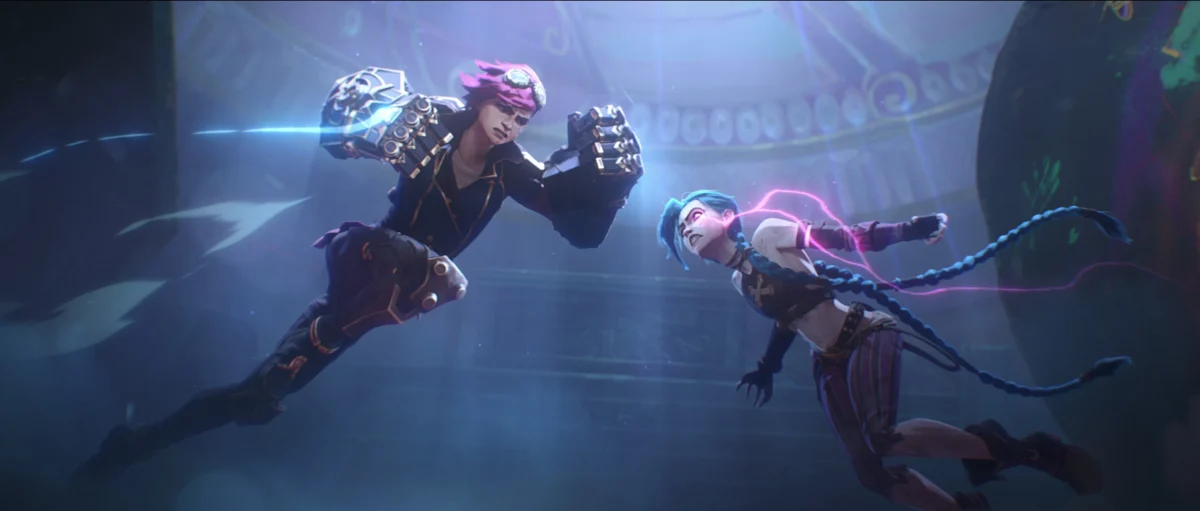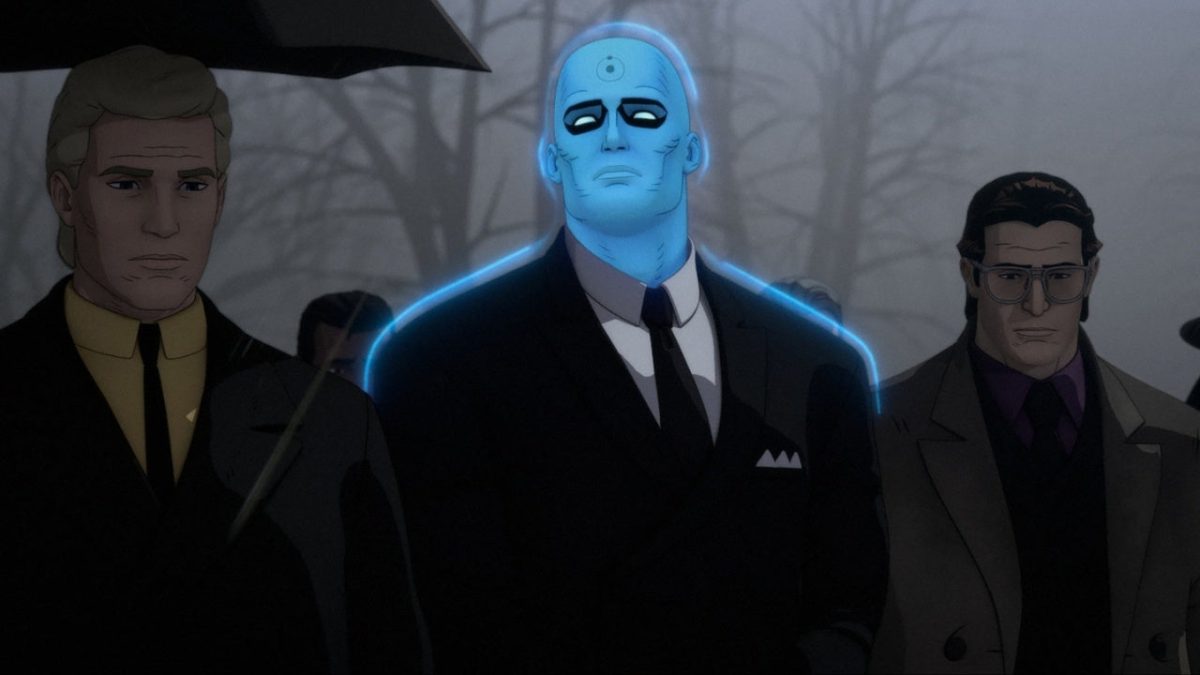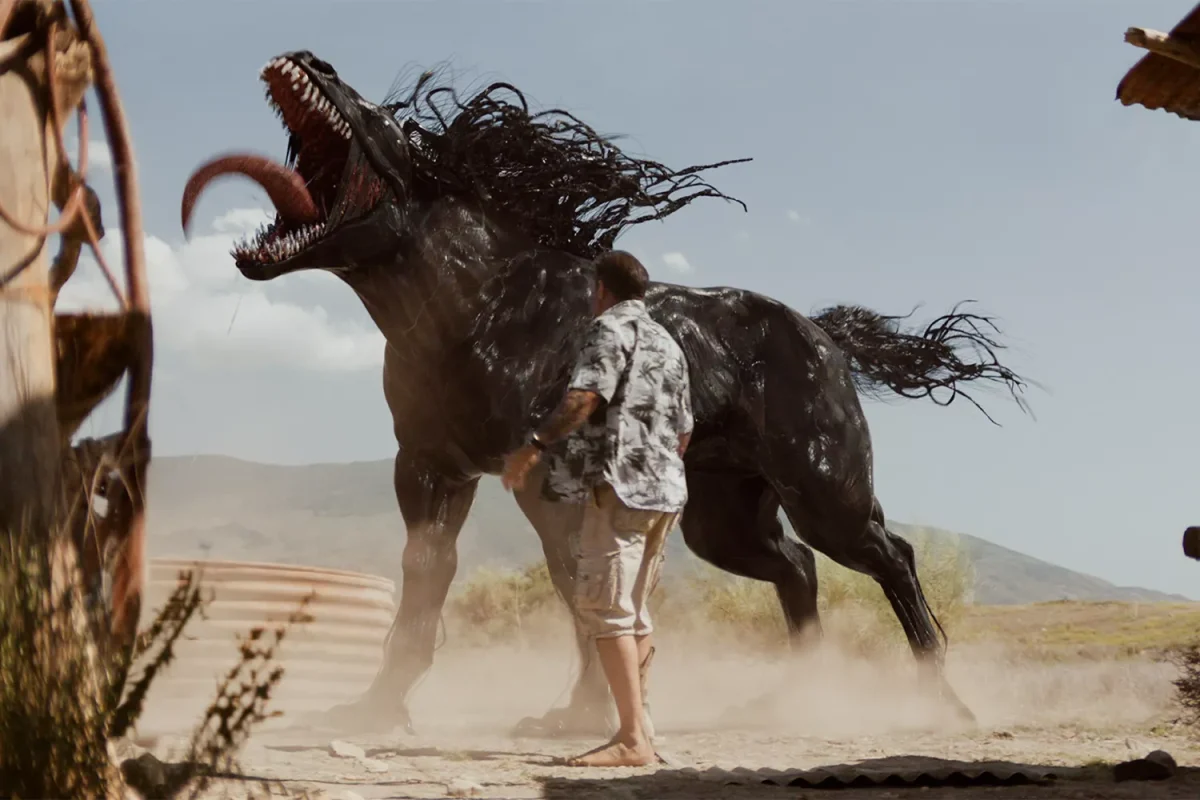I was watching the wonderful Frozen River, and I was struck by its similarities with another great little movie released last year: Ballast. Both films opened last year at Sundance to much acclaim –Frozen River took the Grand Jury Prize- and both are surprisingly self-assured and confident debut features from newly-Academy Award nominated Courtney Hunt (for Best Original Screenplay) and Lance Hammer, respectively.
Both Hunt and Hammer’s films are concerned with the problems of lower class Americans –Hunt in the story of a single mother smuggling immigrants across the Canadian border and Hammer in the story of a loose-knit family unit that forms after a tragedy brings them together in the Mississippi Delta. The two families that make up the core of these films don’t have extravagant dreams. In Ballast, a woman and her son find some form of economic and personal salvation in the running of a small, roadside gas station and food mart. In Frozen River, the main character gets into human smuggling in the hopes of finally affording a new double-wide trailer for herself and her two kids.
The films contain what I would consider to be the two best performances by actresses last year. Perennially under appreciated character actress, Melissa Leo, finally gets to show an audience what she can do with a great leading role in Frozen River and takes advantage of it.
Her performance of Ray Eddy is distinctly human. Ray is a tired woman. She loves her kids but doesn’t always know how to provide the best for them. In one particular sequence, we see her prejudices come to the surface. Leo juggles all of this-the desperation, the simple and single-minded devotion to survival-and still injects a bit of humor into a few of her scenes.
Similarly, new discovery Tarra Riggs is a revelation in Ballast, playing a mother who has lost control of her family and is desperately trying to get it back. At times, this is an angry performance, but it never goes over the line into histrionics. She plays Marlee, a woman who will do anything for her son until circumstances intervene, forcing her to make decisions and grow as a woman in ways that ultimately allow her to do something for herself.
It would be a misnomer to say that Ballast and Frozen River examine the hardships of working class Americans in the exact same way. Frozen River has a more generally traditional narrative structure whereas Ballast’s modus operandi is to follow its characters to an end that is not so much a resolution as the promise of better things to come.
Both are powerful and distinctly human snapshots into the modern American psyche, troubled by economic hardship and, executed skillfully by two new directors who, hopefully have even more exciting projects ahead of them.
24 Frames Per Second is a bimonthly column written by Will Holston, a junior in the College of Arts and Sciences, on the art of film.







